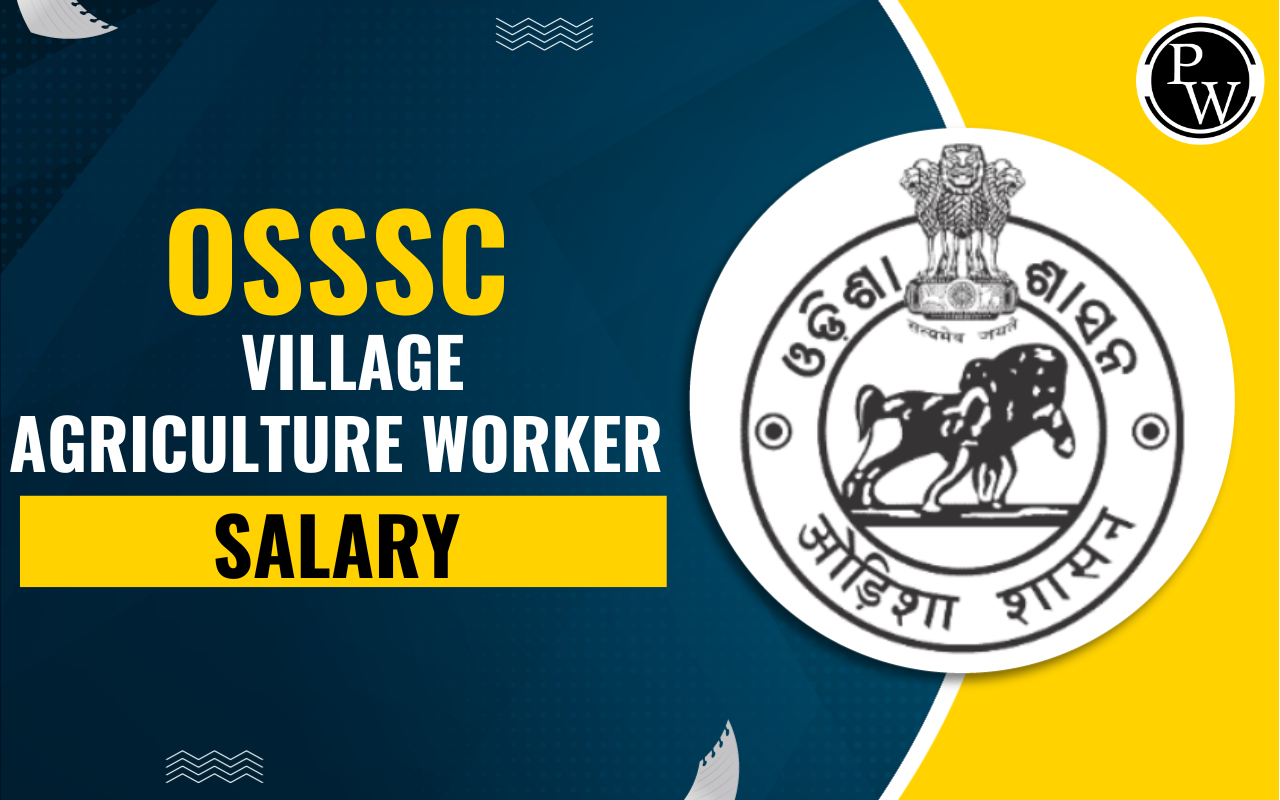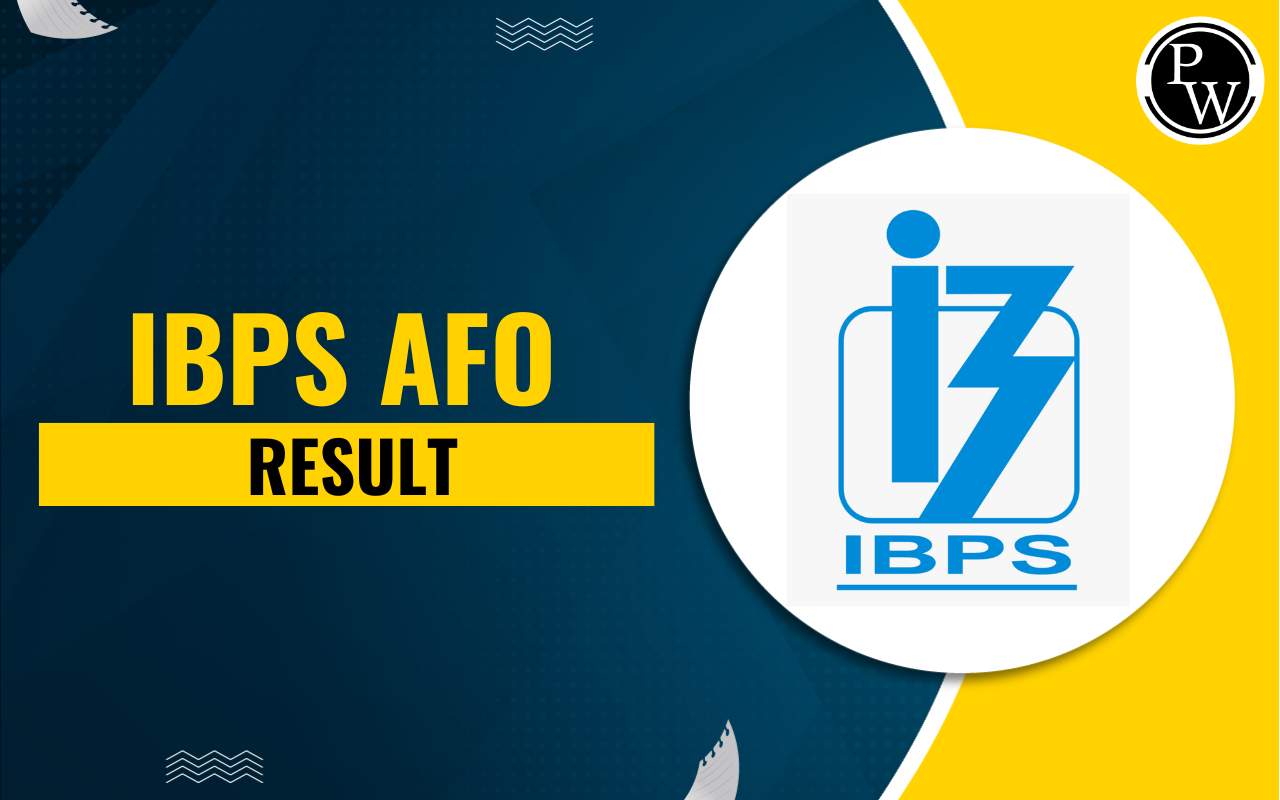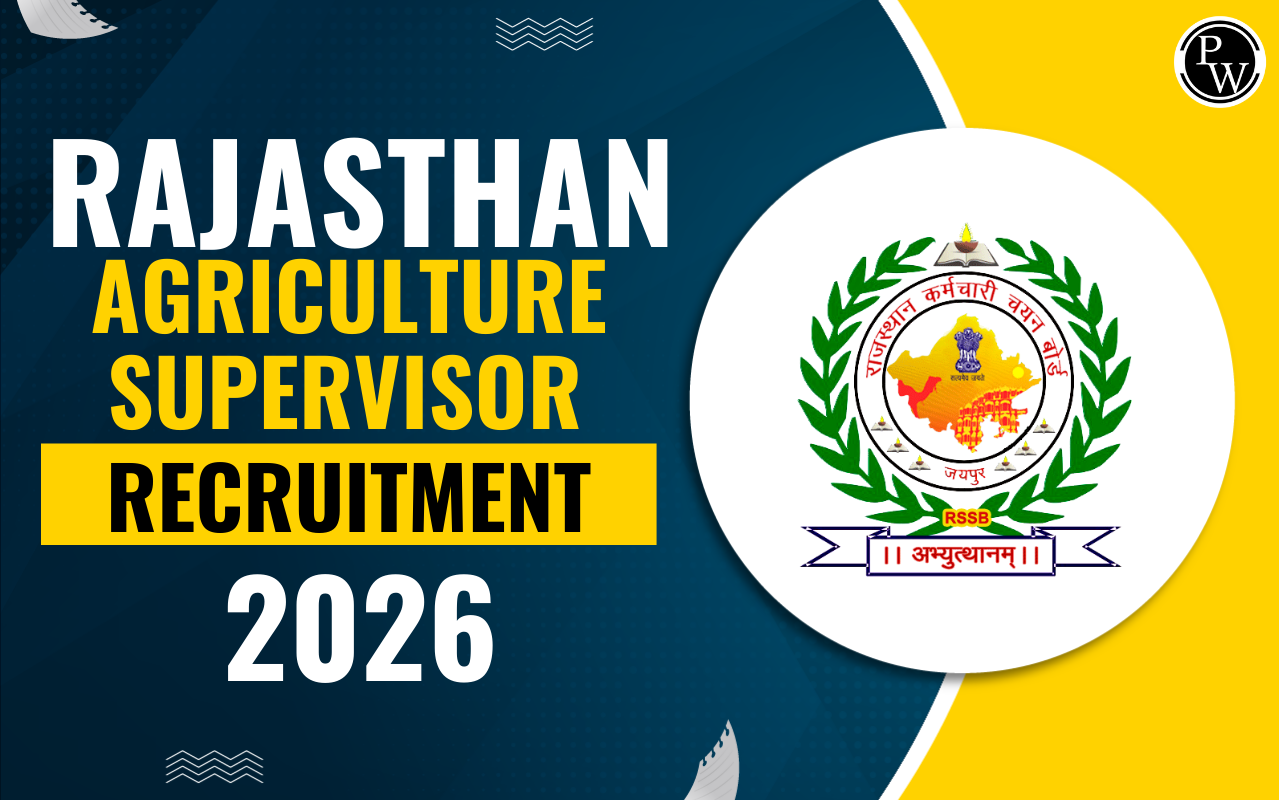
NABARD Grade A Preparation Tips 2026: If you are preparing for the NABARD Grade A exam, here are some preparation tips that will guide you in your journey. The selection process has two parts: the Prelims Exam and the Mains Exam, followed by the interview, for which you must prepare in two different stages. Start preparing for the NABARD Grade A Exam using the preparation tips.Check out the NABARD Grade A Preparation Tips 2026 to improve your preparation. Here is a study plan for doing well in the test phase of the competition. It is important to prepare effectively.
NABARD Grade A Preparation Tips 2026
NABARD conducts the NABARD Grade A exam to recruit capable candidates for various roles. The bank requires skilled officers to stay updated with developments and ensure smooth operations. To crack the NABARD Grade A exam, focused preparation and proper planning using NABARD Grade A Preparation Tips 2026 are essential.
NABARD Grade A Exam 2026
NABARD Grade A Prelims Exam 2026 is the first step to selecting a specialist post. The main difference between prelims and mains is that prelims are only a screening test, while mains are the final round of selection.
-
The preliminary examination consists of an objective-type paper: Decision Making, Computer Knowledge, English, Reasoning, Quantitative Aptitude, totaling 200 questions. The papers are 2 hours and carry a total of 200 marks. A quarter of the wrong answers are negative. Candidates who have cleared the Preliminary exam will get an admit card for the Mains exam.
-
The Mains Exam consists of an objective paper of professional knowledge, which carries 100 questions worth 100 marks
-
Candidates who qualify for both the preliminary and the main will be called for the interview round. The weight of the interview round is 50 points, and its main purpose is to assess the candidate's suitability for the specialist position.
Also, Read:
NABARD Grade A Eligibility Criteria
NABARD Grade A Preparation Tips 2026
The NABARD Grade A exam 2026 marks the beginning of the selection process, and success at this stage is crucial for reaching the next rounds. To help you succeed in NABARD Grade A, we have prepared some valuable preparation tips:
-
Start thoroughly familiarizing yourself with the NABARD Grade A Syllabus and Exam pattern. This step provides a clear road map of what topics and types of questions to expect.
-
It is important to follow a structured syllabus. Consistency in your study routine can greatly improve your understanding and retention of material.
-
Take time to thoroughly study all the concepts in the syllabus. Building a strong foundation is the key to effectively tackling exam questions.
-
Taking short study notes can be very useful for doing last-minute revisions. These notes are a quick reference and help you retain them better.
-
Choose the right SBI Clerk study material available that suits your learning style. Quality resources can simplify complex topics and improve your understanding.
-
Following Previous Year Papers is a great way to crack the actual exam and identify recurring questions.
-
Register for the test series and try to take mock tests regularly. They simulate exam conditions and help you improve time management and accuracy.
-
Revise the entire Syllabus before the exam. The revision will strengthen your knowledge and increase your confidence.
-
Take regular breaks while studying to keep your mind fresh and avoid burnout. A rejuvenated mind is more receptive to learning.
Right Books for NABARD Grade A Exam 2026
When candidates are preparing for NABARD Grade A, they must be well aware of the importance of prelims. This is the first stage of the exam, and therefore, it is important to prepare for it with dedication and focus. Here, we will share with the candidates the right books that will help them candidate to score high in both prelims and mains exams. Below are some of the right books candidates can refer to for as NABARD Grade A exam 2026:
- For English Language, "High School English Grammar and Composition" by Wren and Martin and "Objective General English" by S.P. Bakshi are very effective.
-
For Reasoning Ability, "A Modern Approach to Logical Reasoning" by R.S. Aggarwal is a reliable option.
-
Quantitative Aptitude can be practiced from "Quantitative Aptitude for Competitive Examinations" by R.S. Aggarwal and "Fast Track Objective Arithmetic" by Rajesh Verma.
-
For General Awareness, "Lucent's General Knowledge" and daily reading of newspapers and current affairs magazines are a must.
-
For Economic and Social Issues, "Indian Economy" by Ramesh Singh and NCERT Economics textbooks (Class 11 & 12) are enough.
-
For Agriculture and Rural Development, "Fundamentals of Agriculture" by Arun Katyayan and "Agriculture at a Glance" by R.K. Sharma are commonly practiced.
-
For Computer Awareness, "Objective Computer Awareness" by Arihant is enough. In addition to these, solving past year papers and appearing for regular mock tests is important for success.
Sectional Preparation Strategies for NABARD Grade A Exam 2026
NABARD Grade A English Preparation Tips
-
Candidates often neglect the English section, resulting in lower scores.
-
Consider this section as important as Reasoning and Quantitative Aptitude. Focus on comprehension and grammar, covering things like spelling, grammar rules,
-
idioms, sentences, and paragraphs. Daily reading of newspapers not only improves English but also increases general awareness. Practice the previous papers thoroughly to understand the question formats and improve your exam performance. Main topics: misspelled words, idioms/expressions, one-word substitutions, synonyms and antonyms, mistakes, comprehension, and grammar.
Reasoning Tips for NABARD Grade A Exam Preparation
-
Logical reasoning skills are crucial in this section. Practice different types of questions regularly to make the section interesting and high-scoring.
-
Pay attention to seating arrangement and puzzle-type problems, try 4-5 per day.
-
Crosswords and other logic puzzles improve the performance of this section.
-
Take subtests every two or three days to identify weaknesses and improve problem-solving. Focus on blood relations, analogy, age, number sequences, mixed, non-verbal reasoning, encoding and decoding, and word order.
NABARD Grade A Exam Preparation Tips for Quantitative Aptitude
-
Learn the basics of calculus, especially for those with strong math skills. Regular daily tests help you review the basics and improve your problem-solving skills.
-
Learn quick tips, formulas, and direct methods for various topics to speed things up. Increases calculation speed as time management is crucial in this section.
-
Practice questions from previous years' papers and take multiple mock tests to improve your speed. Core Topics: Algebra, Geometry, DI (Bar/Limit Diagram), Profit and Loss, SI and CI, Trigonometry, Measurement, Time and Distance, and Time and Work.
NABARD Grade A Exam Preparation Tips for General Knowledge
-
Read newspapers and magazines regularly to stay updated on national and international affairs.
-
Make a list of frequently asked questions, revise previous year model papers, and take notes to revise effectively.
-
Focus on Indian History, Geography, Agriculture, Awards, Politics, Finance and Insurance, Indian Economy, Taxation, Budget, and Sports.
NABARD Grade A Exam Preparation Tips for Agriculture
Emphasize major points like soil and water conservation, animal husbandry and plantation crops, field crops and agronomy, cropping systems and patterns, farming systems, forestry, agricultural engineering, seed and sowing methods, water resources and irrigation management, agricultural extension education, significant agronomic practices, agricultural economics, and ecology and climate change.
Pay particular focus to agricultural and rural development schemes by governments, e.g., those of Ministries of Agriculture, Rural Development, Fisheries, etc., and also highlight important reports such as the Census, Agri Census, Livestock Census, and the NABARD Annual Report.
Make use of visual aids such as flowcharts, diagrams, and mind maps to recall intricate processes and schemes more efficiently. Develop a habit of writing brief notes for revision, and give daily time to static concepts as well as current affairs.
Aspirants must join Physics Wallah's Join Agriculture Online Courses to boost their readiness for the Agriculture Competitive Examinations. Our courses offer daily live classes, study notes, recorded classes, test series, and more.
NABARD Grade A Preparation Strategy 2026 FAQs
What is the best way to start NABARD Grade A Prelims preparation?
How should I allocate my study time across subjects?
How important are mock tests in preparation?
Should I focus on current affairs for the Prelims?











